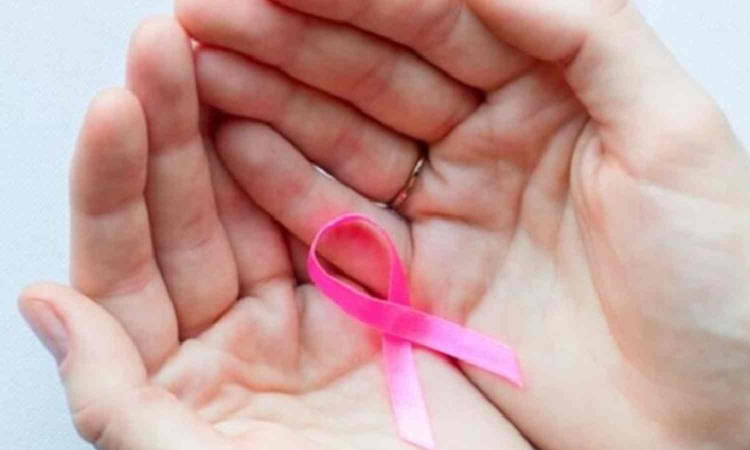Head, neck cancers dominate TN’s cancer burden, say oncologists
The workshop, supported by knowledge partner Merck, focused on awareness, early detection, and the role of innovator and biosimilar drugs in cancer care

Representative Image
CHENNAI: Head and neck cancers, largely driven by tobacco chewing, smoking and alcohol use, continue to weigh heavily on Tamil Nadu's cancer burden. Oncologists warn that most patients still arrive at hospitals in advanced stages of the disease, making it harder for cure.
“People who come at an early stage are only 10-15%. Another 35% come at stage 2, and almost 50% will arrive during stage 3 and 4,” said Dr Anitha Ramesh, senior medical oncologist and radiation oncologist, Apollo Hospitals.
The workshop, supported by knowledge partner Merck, focused on awareness, early detection, and the role of innovator and biosimilar drugs in cancer care. Doctors said that Tamil Nadu already offers comprehensive free treatment under the CM’s Health Insurance Scheme covering surgery, radiation and chemotherapy with basic drugs but only due to comprehensive awareness programmes. With patients delaying seeking care, cancer has become a ‘high-risk’ disease.
Dr Prem Kumar Devdoss, head, Medical Oncology, Omandurar Super Speciality Medical College, stated: “Patients don’t trust government hospitals and believe we do not provide good medicines. So, they skip treatment as private hospitals charge a lot. By the time they often arrive here, the disease has already advanced, pushing up treatment costs.”
Stage 1 treatment is free. Stage two, surgery and basic chemo and radiation is still manageable. “The problem comes in stage 3 and 4 where you need newer molecules, targeted drugs, immunotherapy. That is when cost shoots up,” Dr Ramesh added.
Oral cancers, in particular, create visible disfigurement and social isolation. “Breast cancer is not visible from outside. But head and neck cancers, especially oral cavity cancer, are like a sore finger sticking out. It becomes horrendous for patients and families,” she pointed out.
According to GLOBOCAN 2022, India recorded 1.41 million new cancer cases and 7,22,138 deaths. Oral cavity cancers alone accounted for over 1.43 lakh cases, making them the second most common cancer in the country and the leading cancer among men.
Doctors also flagged migrant workers as a particularly vulnerable group due to tobacco and alcohol use, compounded by financial and language barriers. They noted that patients still turn to alternative medicine such as Ayurveda before reaching modern medicine which further induces the growth of tumours.
Community-level screening programmes such as mammograms, pap smears, Faecal Immunochemical (FIT) tests for colorectal cancer, and oral cancer clinics exist but remain underutilised, stressed the doctors. “Awareness in local languages and prompt referrals can make the difference between life and death,” Dr Devdoss opined.



